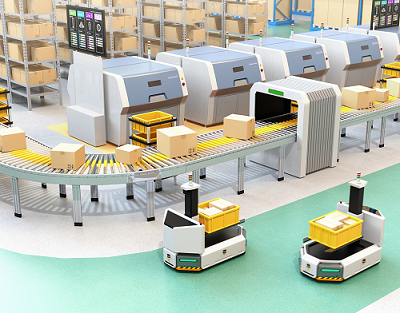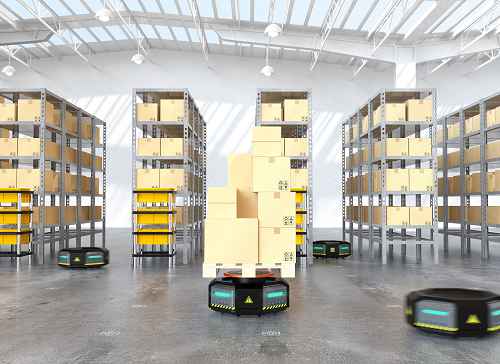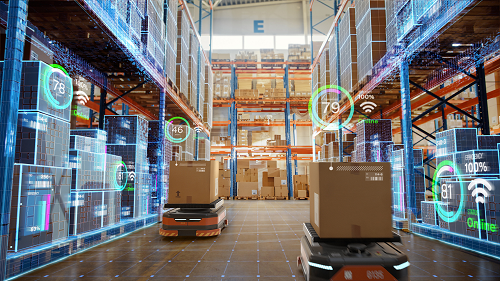
Product Chain
Smart Warehousing









High Speed Three-Dimensional Automatic Storage and Sorting

Automatic Three-Dimensional Warehouse

Mobile Robots and Deep Vision Systems

Highly Flexible Warehouse Logistics Scheduling System

Sorting and Conveying

Intelligent Packaging

Cold Chain Transport and Other Supporting Materials

Warehouse Construction














